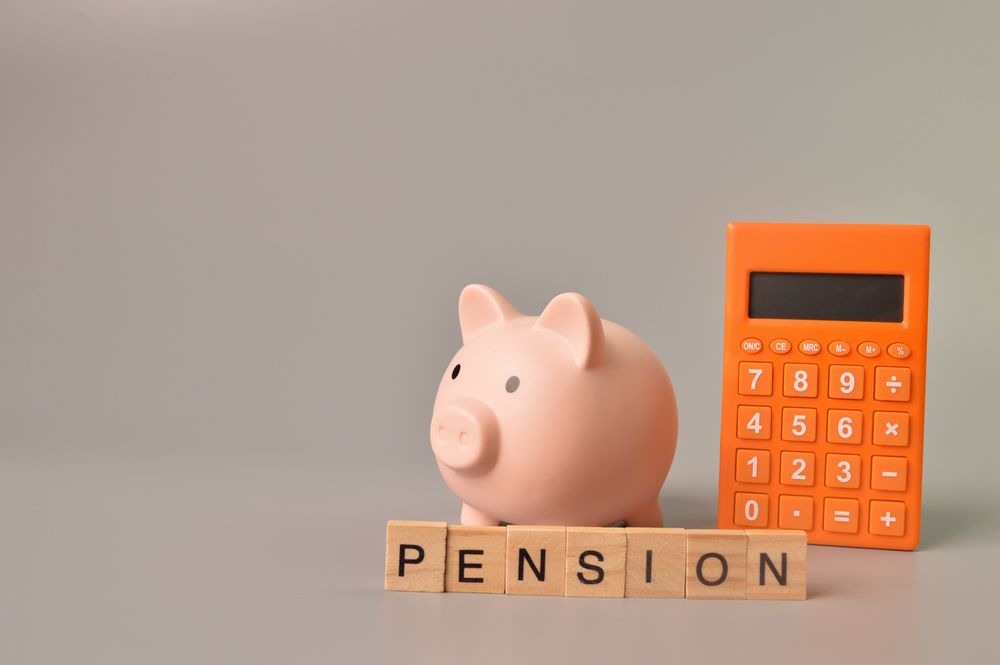News
Could your state pension rise by more than inflation?

The way in which ‘additional’ state pension pay-outs are calculated means some pensioners will see their income rise by more than 10.1%.
A ‘design feature’ of the old state pension system, means many people will be getting more than a 10.1% increase to their state pension payment this coming tax year.
One pensioner wrote to ex-pensions minister Steve Webb via his This Is Money column to clarify how their pension payments were calculated.
The reader explained that their state pension was set to rise by 16.6% this April, although the person’s company pension will rise by less than inflation.
In response, Webb explained that people affected by this anomaly reached pension age before 6 April 2016 and come under the ‘old’ state pension system.
Under the old system, there were two main elements to the state pension. A basic pension and an ‘additional’ pension. The full rate of the basic pension was £141.85 in 2022/23 and this will rise by 10.1% to £156.20 for 2023/24.
Webb explained that the complication comes from the ‘additional’ state pension and, in particular, the rights built up between 1978/79 and 1996/97 under the state earnings-related pension scheme (Serps).
Serps you right
He wrote: “Under Serps, your additional state pension depended on how much you earned and how many years you contributed. Unless you were a member of any other pension arrangement (for example, a workplace pension or a personal pension) you would simply get a Serps pension at retirement and this would also rise in line with inflation.
“But many millions of people had another pension. Where this was a salary-related workplace pension it was common for such schemes to be ‘contracted out’ of Serps. Contracting out was a process designed to avoid double provision where you would otherwise have been paying for both an earnings-related pension from the state and an earnings-related pension from your company.”
If a pension scheme contracted out of Serps, the worker and the employer paid a reduced rate of NI contributions. In return, the scheme had to pay at retirement a pension at least as good as you would have got from the state if you had not contracted out. This was known as a Guaranteed Minimum Pension or GMP.
When you retire, the government works out the Serps pension you would have got if you hadn’t been contracted and then deducts the GMP and pays you the balance.
When the reader first retired, the GMP which the scheme was obliged to pay exceeded the Serps that he or she would have earned, and so the additional state pension for this period was zero.
“This is quite common and can happen when the rate at which the GMP is revalued from the year in which you earned it up to retirement exceeds the rate at which your Serps pension is revalued up to retirement,” explained Webb, “What is often not appreciated however is that this calculation is done every year of your retirement. Each year they work out the Serps pension you would have got if you had stayed in the state scheme, work out the GMP the scheme has to pay you instead and pay you the difference (if any).”
Up until now the GMP had exceeded the reader’s Serps figure so there has been no additional state pension payment for the period up to 1997.
But this year things are different because of high inflation. When the government calculated the Serps the reader would have earned, it increased this by the full inflation figure of 10.1% compared with last year. However, the reader’s company pension scheme is not obliged to increase the GMP by the full 10.1%.
“For service between 1978/79 and 1987/88, there was no duty on the scheme to provide you any indexation on the GMP post-retirement, and from 1988/89 to 1996/97 they only had to index up to 3%. When inflation was very low, this didn’t make a lot of difference as your GMP went up by only slightly less than the Serps you would have earned,” explained Webb, “But this year, there is a gap between the Serps you would have got and the GMP the scheme is obliged to pay you. The figures you have supplied shows that your GMP went up by just 1.3% and this means that, for the first time, the ‘gross’ Serps figure exceeds your GMP and you will be paid the difference.”